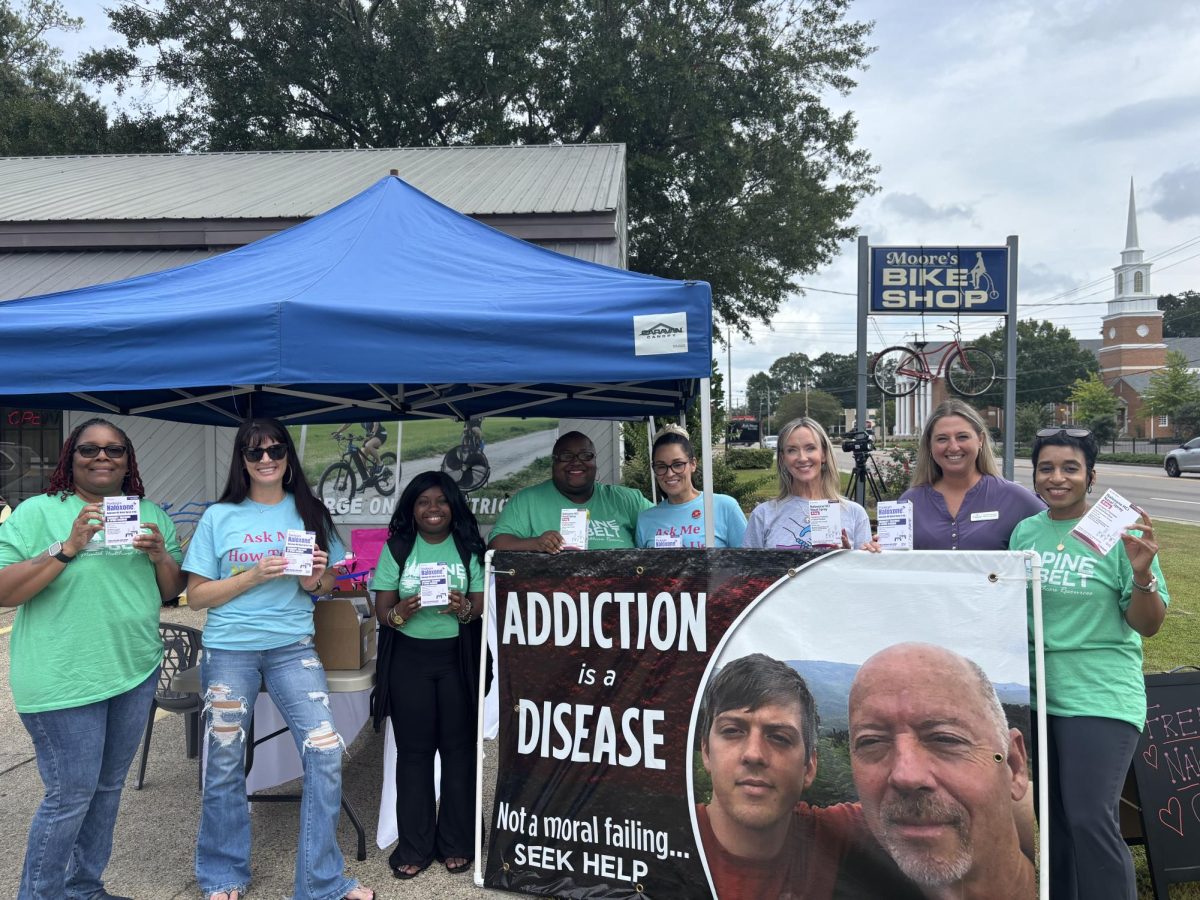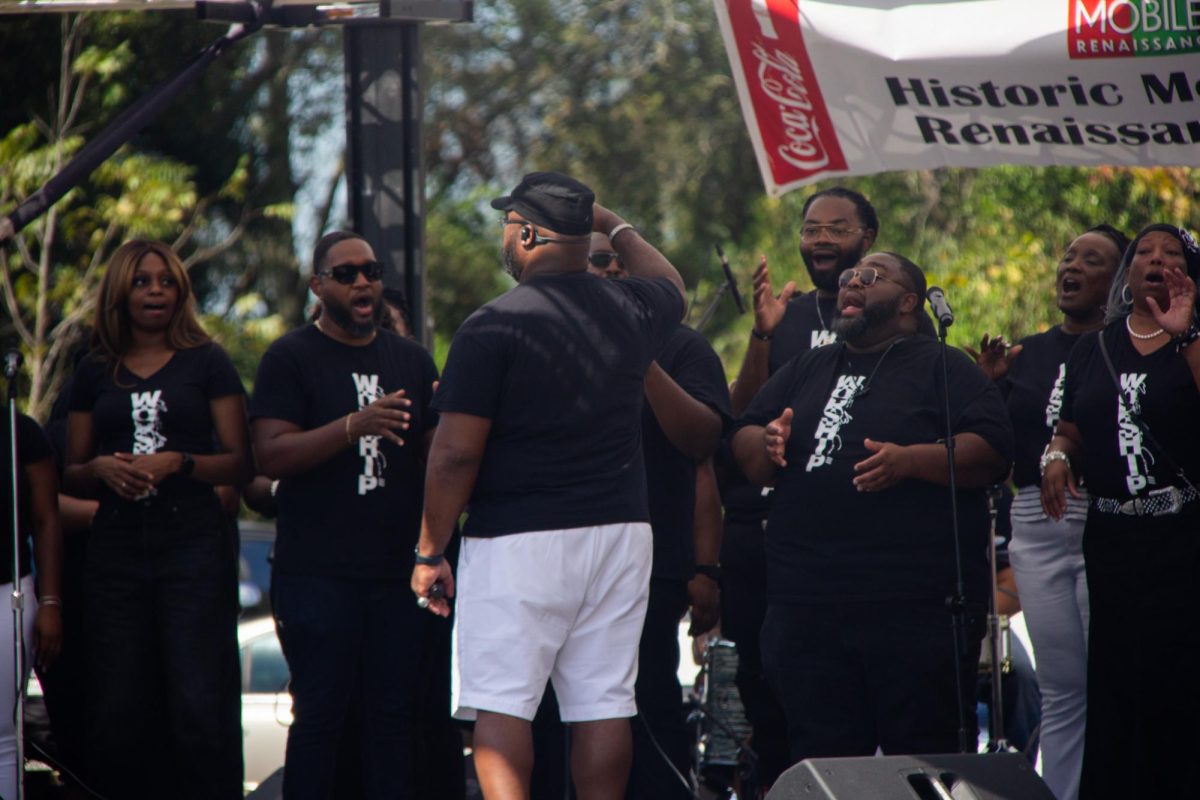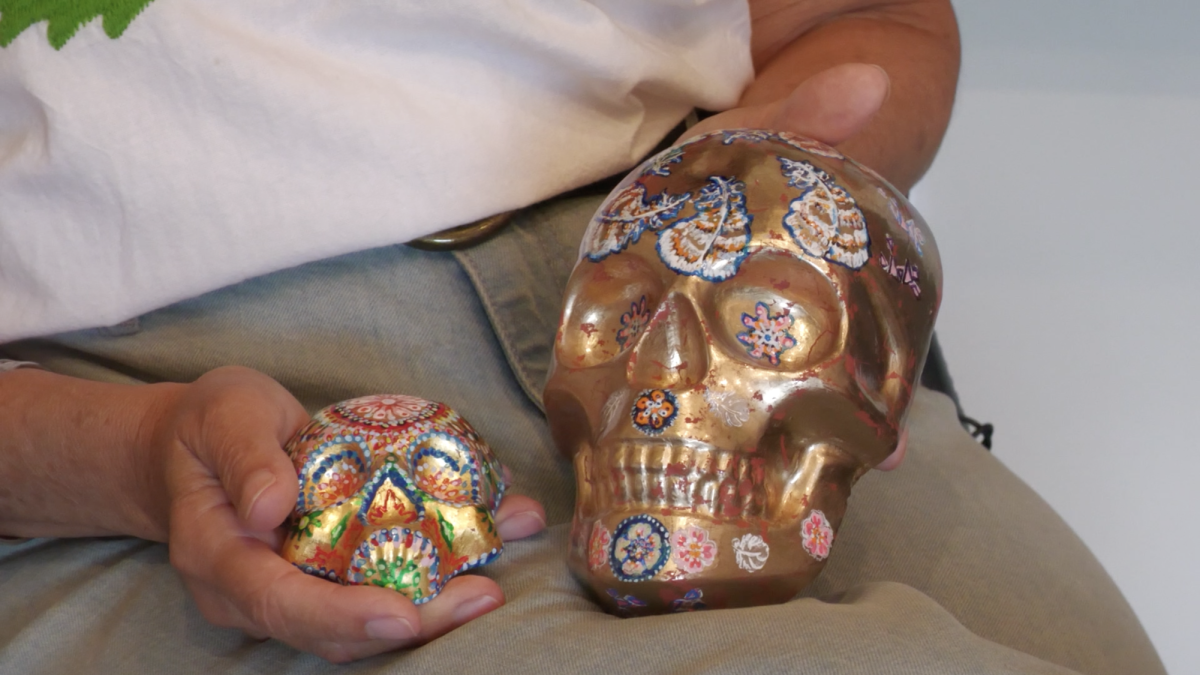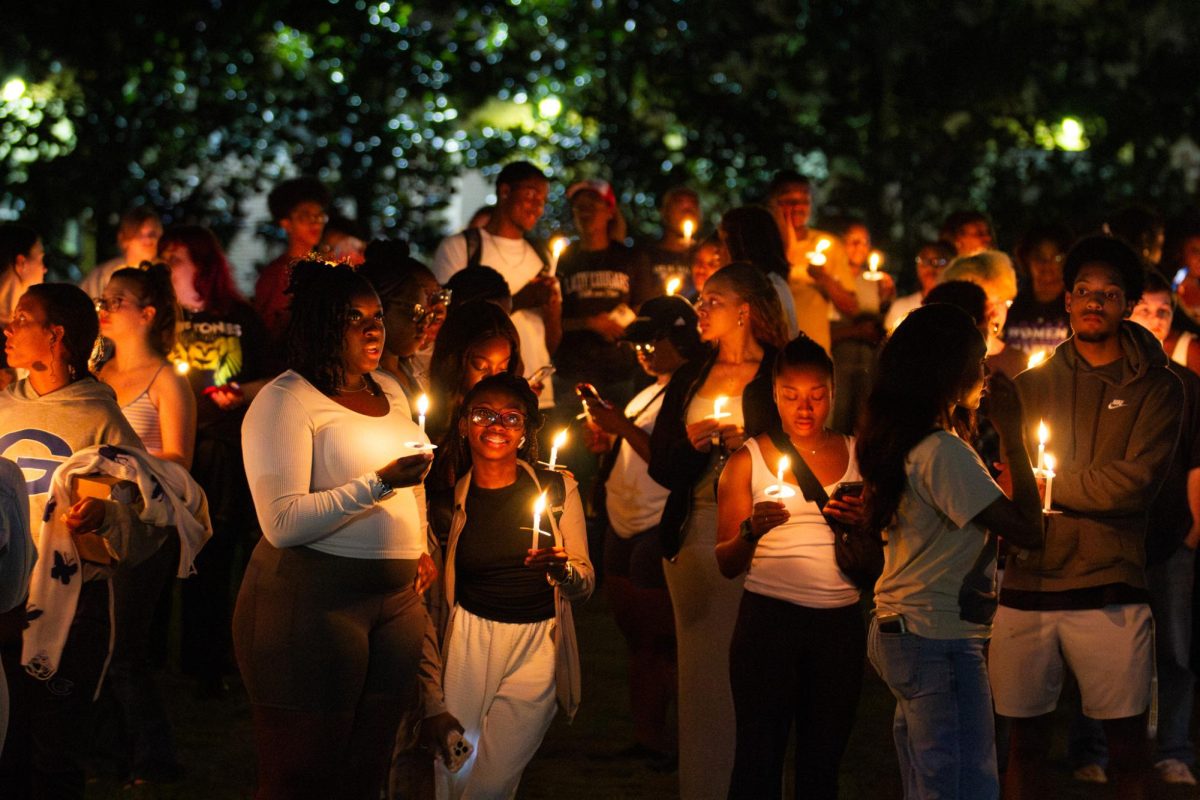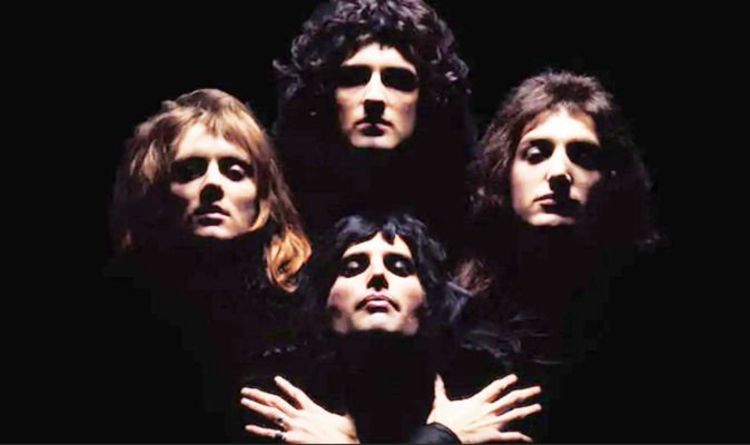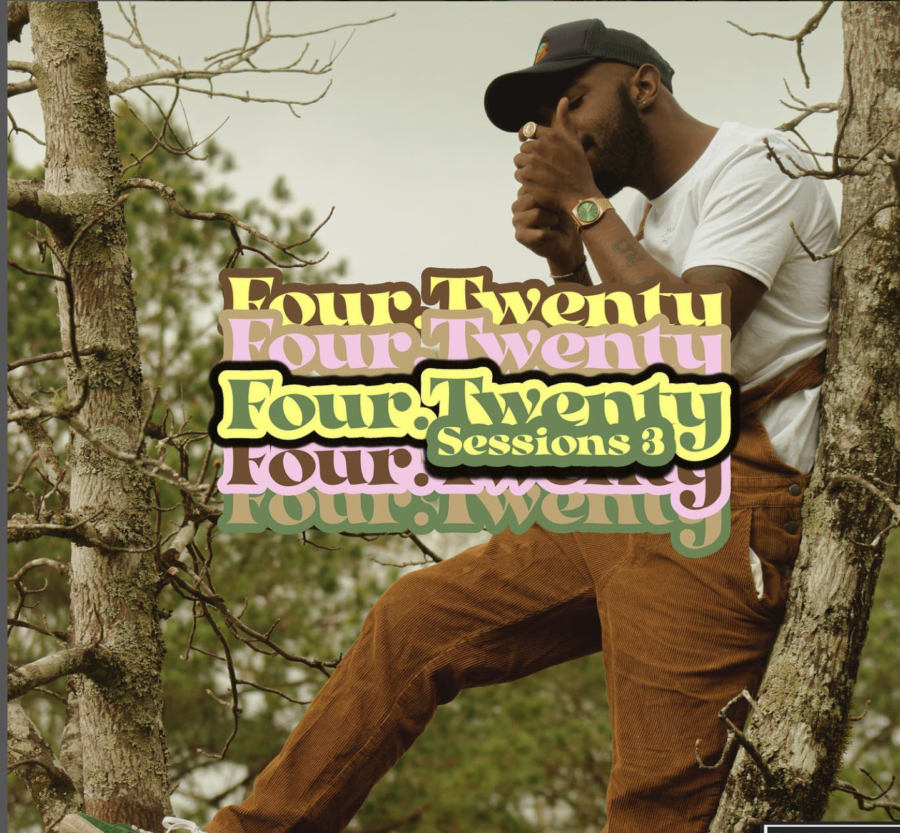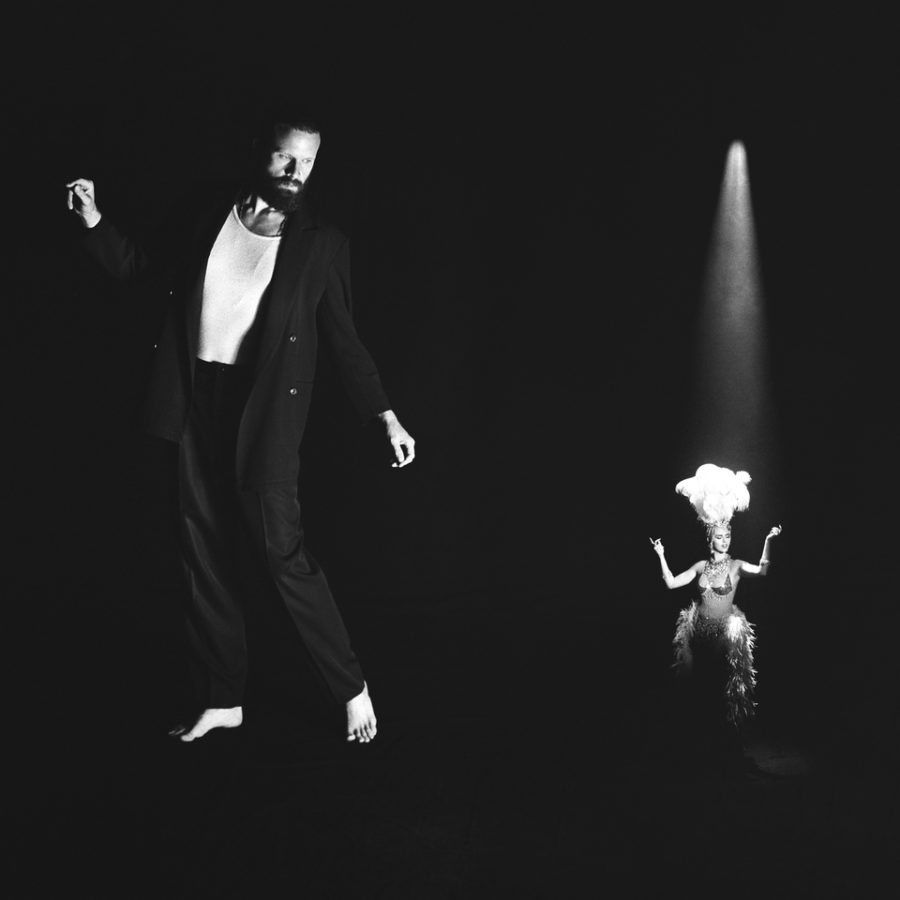Music has become a comfort zone for students, offering relief and focus amid the chaos of daily life. Whether commuting, studying, or taking a break between classes, many turn to music as their companion.
“I listen to music pretty much every day,” said Roy Jones, a student at Pearl River Community College. “If I am tired, happy, sad, emotional. I listen to it just as a kind of release.”
Prince Kumar Shah Kalwar, another student, shared, “I listen to different music depending on my mood. I listen to music when I am down to lift me up, I listen to music when I am happy to elevate even more, and in general too, when I am bored or in the break between study sessions.”
Dr. Mike Lopinto, Assistant to the Dean for Arts Administration and PR Marketing and Event Coordinator for the School of Music at the University of Southern Mississippi, explained why music can have such a powerful impact.
“There have been studies forever that have talked about the impact of music on our brain chemistry, our function, our emotional well-being, or just emotional engagement with something,” Lopinto said.
He added that subtle elements in music, like rhythm, key changes, or brief pauses, are designed to influence emotions and enhance the listener’s experience, sometimes producing physical reactions such as chills or heightened energy.
Scientific research further shows that music influences emotional, physiological, and neurological functions. A 2022 review published in Health Psychology Review found that music therapy consistently lowers stress and anxiety, reducing physical markers such as blood pressure and the stress hormone cortisol. Neuroscientists writing in Brain, Behavior & Immunity Health report that music activates areas of the brain tied to memory, reward, and emotion. Regularly listening to music can even alter brain structure over time.
For students, music is not only an integral part of their daily life but also of their identity and culture.
Jones said hip-hop helps him feel grounded and connected to his culture.
“I listen to hip-hop music because I feel like it gives me a clearer perspective on my life. It feels like the music that relates to me the most,” he said.
Shah Kalwar, an international student at USM, described how music helps him stay connected to his home community.
“My community has a distinct type of music; we use vocals more than instruments,” he explained. “I listen to it when I am feeling down or missing home. It throws me back to the streets where I grew up.”
Outside of students’ experiences, music continues to play an important role for people across the United States. A 2016 study by Broadcast Music, Inc. (BMI) found that eight in ten Americans actively listen to music every day, and an even greater number say music is an important part of their lives.

